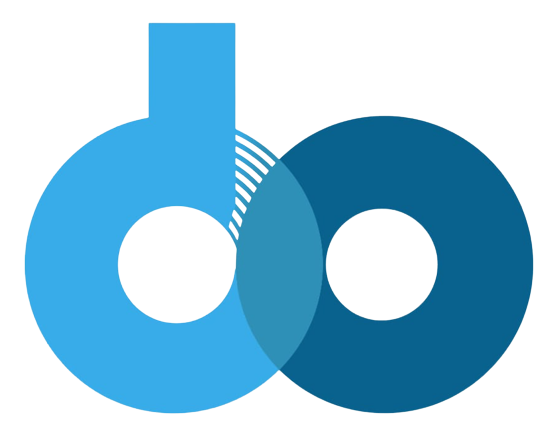The advent of Web3 and decentralized identity in e-commerce is showcasing itself in a new era of user empowerment and security. Going through this shift, this transition and understanding the synergy between Web3 and decentralized identity becomes important for consumers seeking a more secure and personalized online experience.
So, the question arises – how does the concept of web 3 and decentralisation empower e-commerce? What is it all about?
Web3: A Paradigm Shift in the Internet Landscape
Web3 represents the next evolution of the internet, characterized by decentralization, transparency, and user empowerment. Unlike its predecessor, Web2, which relies heavily on central authorities and intermediaries, Web3 leverages blockchain technology to create a trustless and decentralized digital environment. This shift introduces a profound impact on various industries, and e-commerce stands at the forefront of this revolution.
Decentralized Identity: Taking Control of Personal Information
In the realm of e-commerce, the concept of decentralized identity is a game-changer. Traditionally, users surrender personal information to centralized entities for online transactions, raising concerns about privacy and security. Decentralized identity solutions, empowered by blockchain, give users control over their personal data. Users can selectively share information without compromising their entire identity, mitigating the risks associated with centralized data repositories.
Empowering Users in E-Commerce
The marriage of Web3 and decentralized identity brings forth a plethora of benefits for users engaged in online shopping. Firstly, it eliminates the need for users to create multiple accounts across various platforms, streamlining the authentication process. With decentralized identity, users have a single, secure digital identity that can be utilized across different e-commerce platforms, enhancing convenience and reducing friction.
Secondly, decentralized identity enhances privacy. Users have the authority to determine which aspects of their identity are shared, preventing excessive data collection and minimizing the risk of identity theft.
Moreover, the transparency of blockchain technology ensures that users can verify the authenticity of the products they purchase and the credibility of the sellers, fostering a trustful e-commerce ecosystem.
The amalgamation of Web3 and decentralized identity is transforming the e-commerce landscape by putting users in the driver’s seat of their online identity. This paradigm shift not only enhances security and privacy but also streamlines the user experience, marking a significant step towards a more user-centric and trustworthy online shopping environment. As we embrace this evolution, users are poised to be the true beneficiaries of the Web3 revolution in e-commerce.
